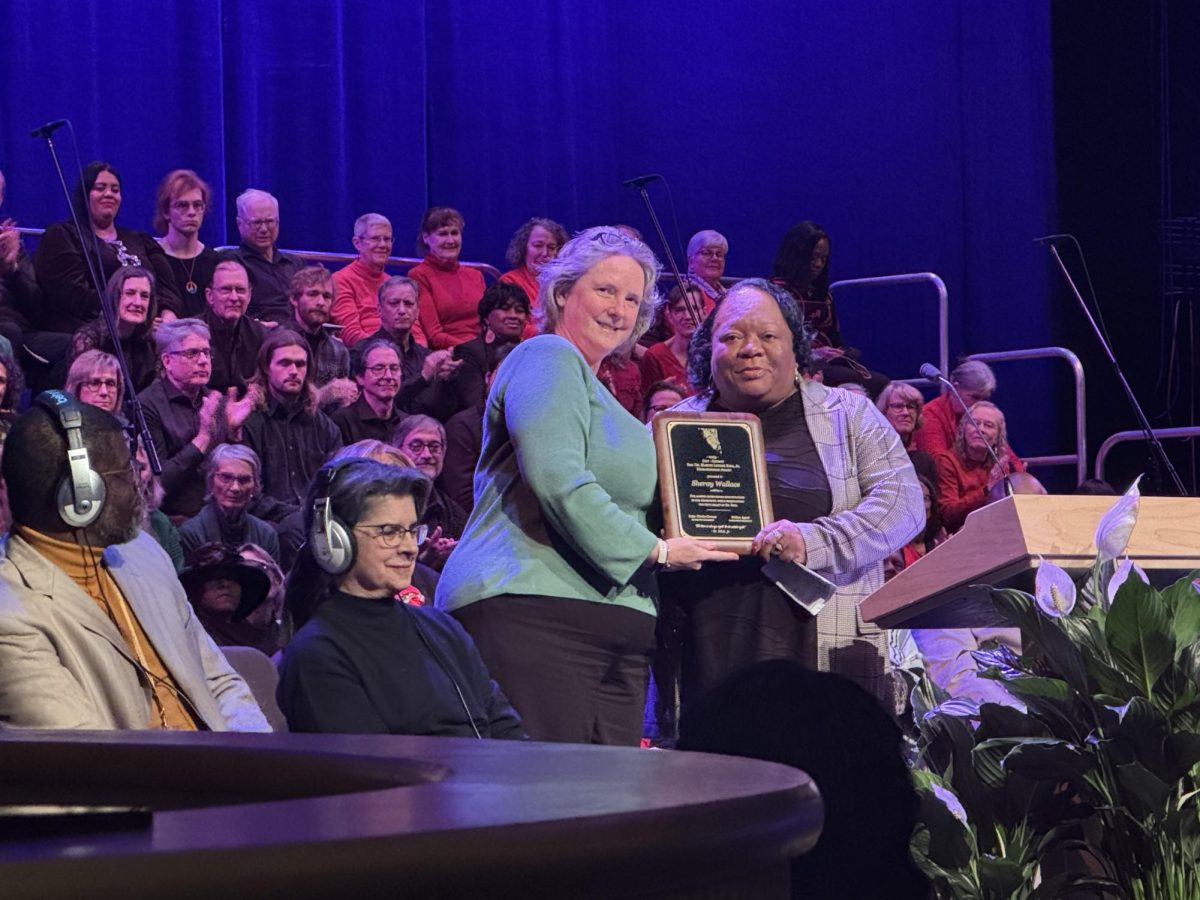Americans are reading less and reading less well, according to a new study released Monday analyzing reading habits in the United States.
The study, titled "To Read or Not to Read: A Question of National Consequence," was sponsored by the National Endowment of the Arts. It compiled information from more than 40 different studies comparing both voluntary reading and test scores regarding reading patterns among children, teens and adults.
The study found less than one-third of 13-year-olds read on a daily basis — a statistic that has declined 14 percent within the last two decades.
The study also reported reading among 17-year-old Americans has declined by half in the last 20 years.
The study suggested new technology — including television, video games and computers — may be leading to the decline in reading, as it was reported that Americans between the ages of 15 and 24 spend approximately two hours each day watching television, but only seven minutes reading.
The study also ranked American reading levels at 15th among other industrial nations, including Canada, Poland and France.
The study found a positive correlation between high reading levels and increased civic and social involvement, including attending sporting events, exercising and volunteering.
"To Read or Not to Read" was a continuation of the NEA’s 2004 study "Reading at Risk," and included information on both fiction and nonfiction reading, as well as newspapers, magazines and online reading.
University of Wisconsin English and Asian American Studies professor Leslie Bow said she is doubtful new technology affected these results.
"I wonder whether or not the decline in reading has less to do with new media and more to do with the reliance on standardized testing as benchmarks of literacy," Bow said. "The ability to see reading as a leisure activity means that you give up the idea that there’s something quantifiable about the activity and see it wholly as pleasure — not as a competition."
Bow added reading should not be viewed as "something to be evaluated," or something that is done only because "it is good for you."
UW English Department Chair Michael Bernard-Donals said in his 10 years at UW, he has not seen a decline in reading levels.
"Particularly with older literary texts, students have always had a more or less difficult time ‘translating’ their language into contemporary, everyday patterns of thought and speech," Bernard-Donals said. "I remember when I was an undergraduate, I had the same difficulty."
Bernard-Donals added today’s youth read more mainstream texts — like the popular Harry Potter series — and less classical novels, but said this is not a factor in the declining trend.
"Would I like students to read Gatsby and Ulysses? Sure. But I’m happy that students are reading, period," Bernard-Donals said, adding he believes students are still reading — only in nontraditional forms such as online newspapers, blogs, e-mails and text messaging.
"Literacy is not seriously jeopardized," Bernard-Donals said. "What’s changing is the forms of literacy."







